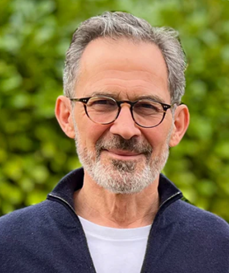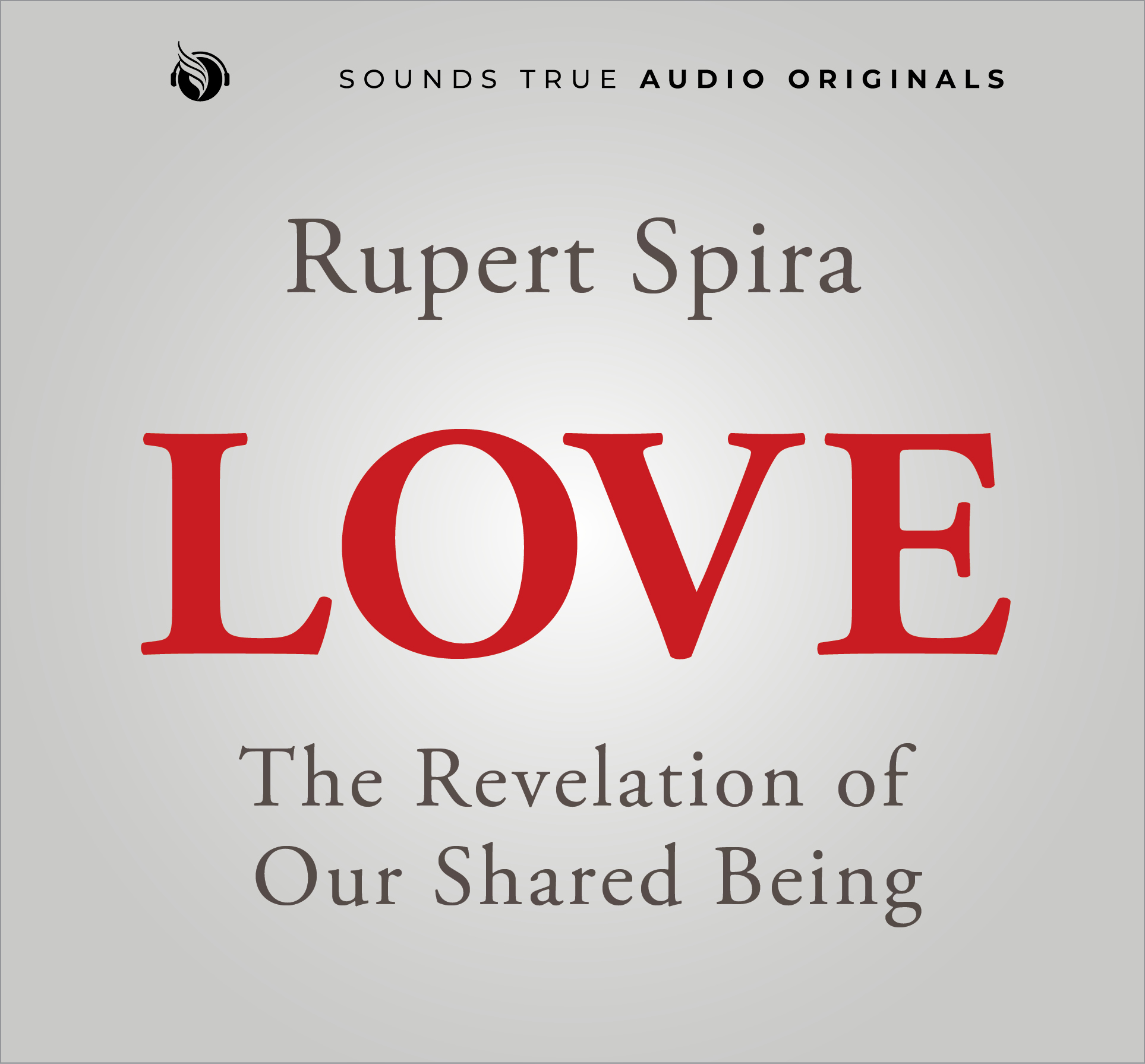Being is the shared element in all people, animals and things. Just as there is one universal physical space that pervades all individual buildings without being limited to them, likewise there is just one unlimited being from which everyone and everything borrows its apparent existence.
Just as the space in a room is not contained within its walls but is an apparent limitation of universal space, likewise the individual being that each of us seems to be is not contained within or generated by the body but is an apparent limitation of the one infinite being.
Infinite being is felt by each of us as the amness of our self. This feeling of ‘I am-ness’ is infinite being shining in each of our finite minds. Just as universal space seems to acquire the limitations of the four walls within which it seems to be contained, but in fact always remains the universal space,likewise infinite being – God’s being – seems to acquire the limitations of the body within which it seems to be housed, without ever actually ceasing to be infinite being. The apparent mixture of infinite being plus the content of experience seems to create a temporary finite being, a separate self or ego.
As a concession to the separate self or ego that we seem to be, most spiritual teachings give us something to do to become enlightened. This is like giving the space of a room a practice in order to become universal space. But the space needs no liberation, for it was never bound. The space inside is always and already identical to the space outside.
Likewise, our self needs no liberation or enlightenment. If we go deeply into the simple experience of being, we find no limit there – it is already infinite, already free. While thoughts, memories, feelings, sensations and so on have limits, these limitations do not pertain to our being.
Even to say being is mixed with experience isn’t quite right. Just as space remains unmixed with the walls that seem to contain it and the objects that it seems to contain, our being is never really mixed with experience. It always shines in its original condition: untarnished, unmixed, unlimited, unmodified. Inherently free and at peace.
Infinite being needs no enlightenment or spiritual practice. So, for whom are the teachings and the innumerable practices that have been elaborated in the various religious and spiritual traditions? For the temporary, finite separate self we seem to be. They are, as such, compassionate concessions –legitimate ones – but ones that ultimately perpetuate the illusion of a separate self. Therefore, the highest teaching is no teaching, no teacher, no effort, no practice – just the shining of being, the one being we all are.
Imagine that the vast physical space of the universe is conscious. If you were to ask the aware space in the room in which you are sitting about its nature, it may look at the walls around it and describe itself in terms of their limitations. And it would imagine that the space outside the walls was separate from it, and might engage in various efforts to know it or unite with it. But if instead it looked only at itself, it would recognize that it contained no inherent limitation. It would recognize that it is already the vast space of the universe. All its efforts would cease with that recognition.
Similarly, our apparently finite being, seemingly located in and bound by the body, looks beyond its limitations at the vast universe and ponders the nature of its reality. It may even engage in great efforts to know that or unite with it. But all we need do is look closely, to taste the nature of our own being. If we do so, we find no limitation there – our being finds no limitation in itself. Our being is already the one infinite being, the only being there is – in religious terms, God’s being. There is just that, just this.
This utter absence of anything other than itself – this absence of otherness, separation, duality – is the experience we know as love. Love is, as such, the shining of infinite being in each of our hearts. It is the taste of God’s being in us, as us.











